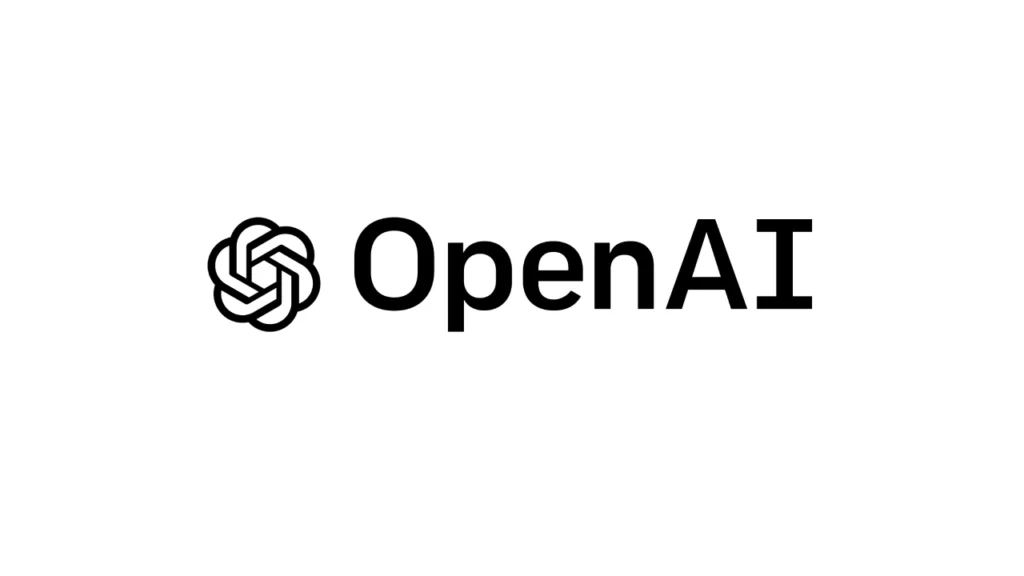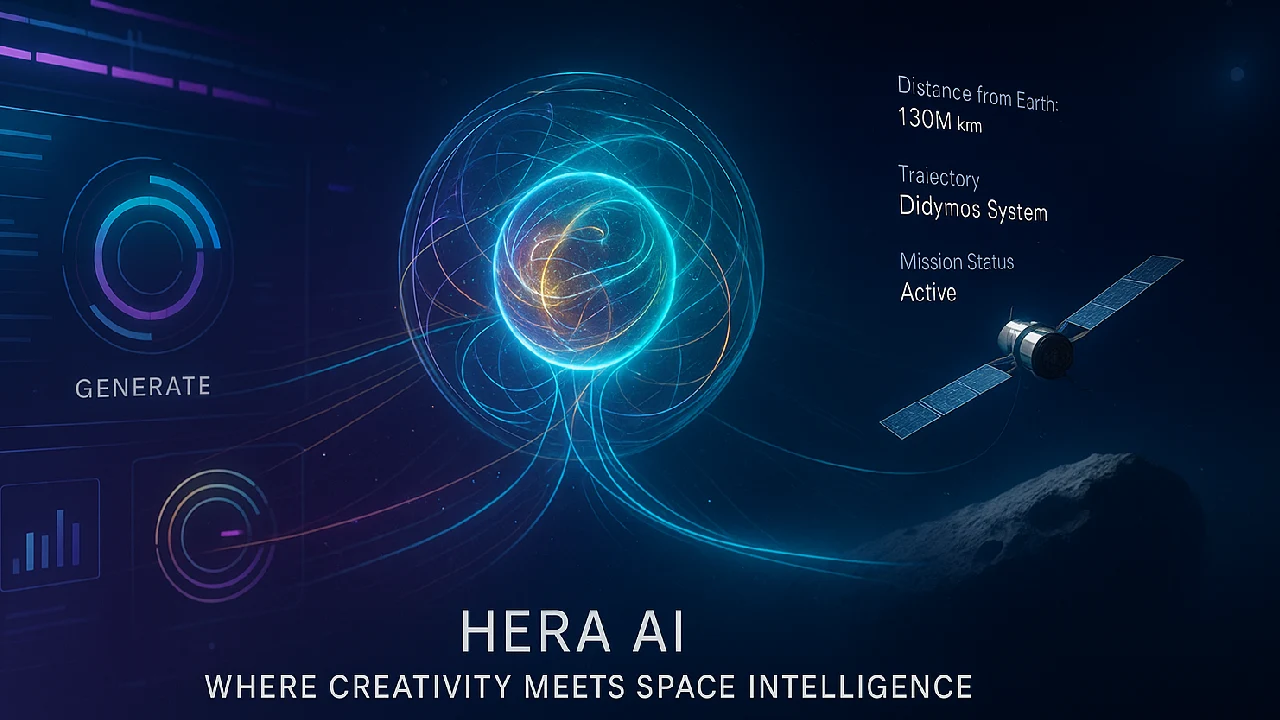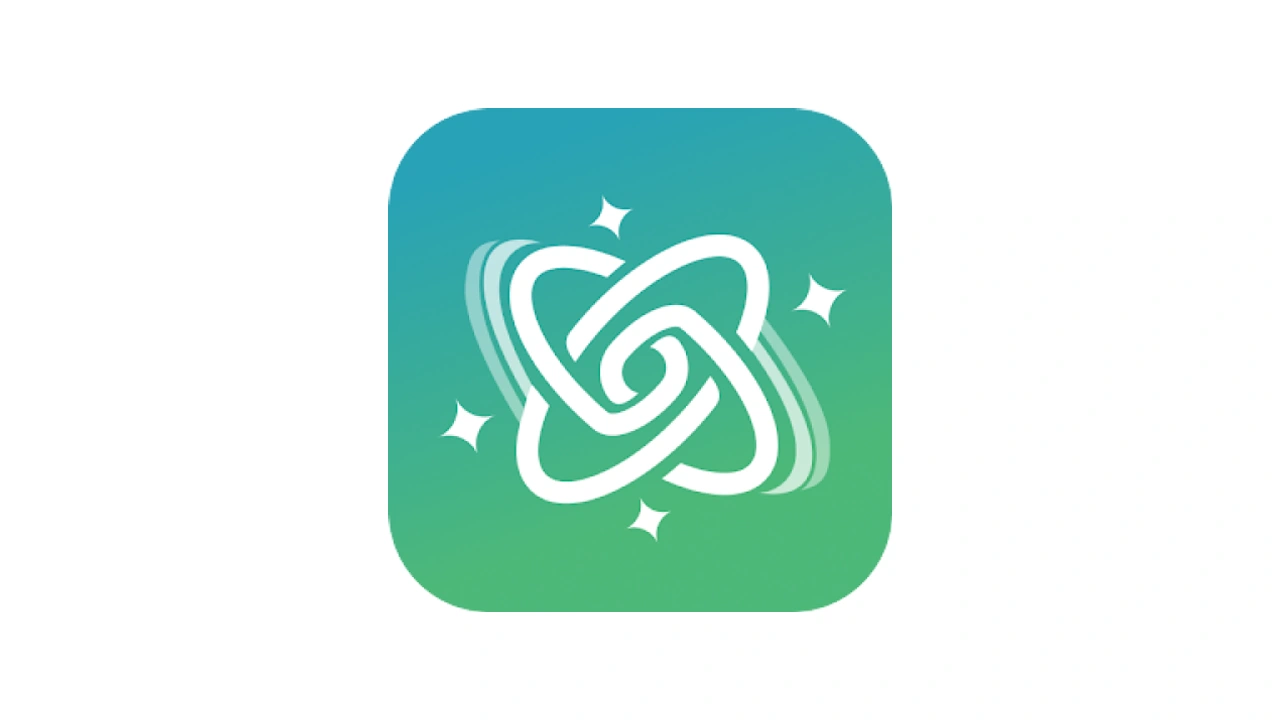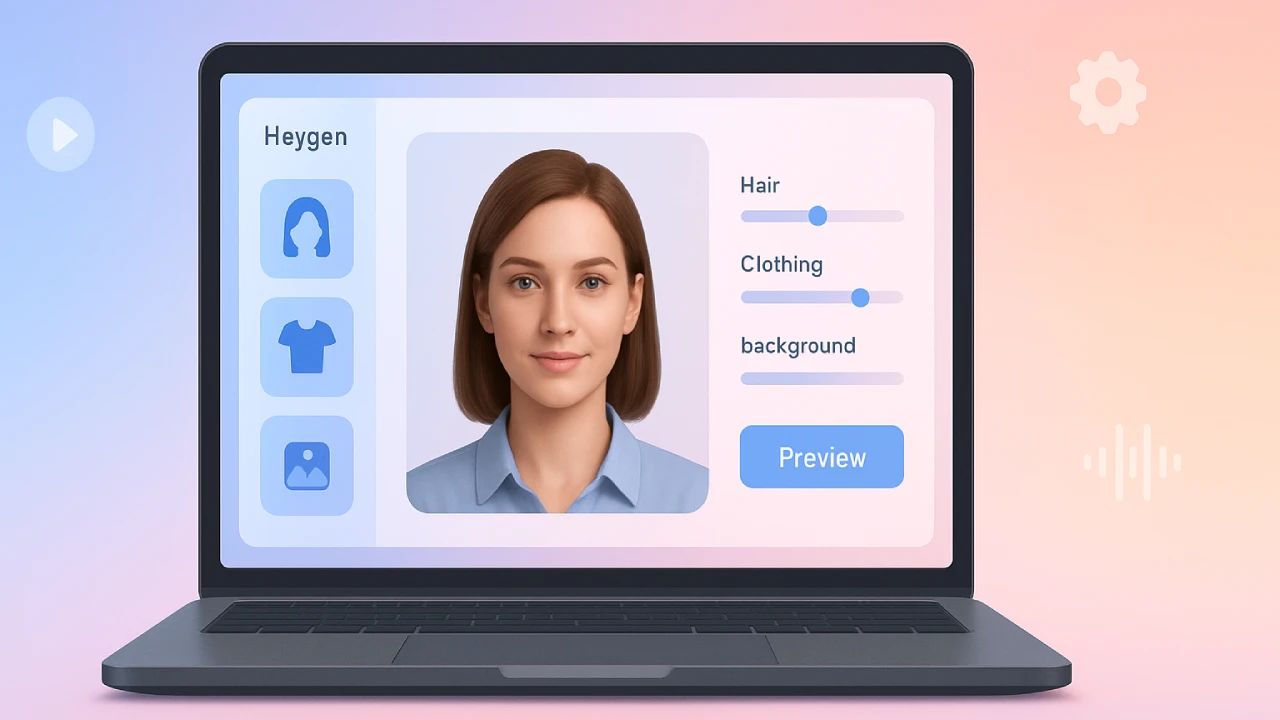OpenAI is getting ready to launch its own AI powered web browser, and it could seriously change how we use the internet. Unlike regular browsers that rely on clicks and searches, OpenAI’s browser will let you browse by simply talking or typing naturally—like you do with ChatGPT.
The idea is simple but powerful: instead of opening many tabs, searching for answers, or filling out forms manually, you’ll be able to ask the browser to do it all for you using AI agents like Operator. It’s designed to offer a smart, fast, and more personalized experience—while also competing directly with Google Chrome, the world’s most popular browser.
What Makes OpenAI’s Browser Different?
OpenAI’s browser is built for conversational browsing. This means users can search, fill out forms, book tickets, or summarize pages just by typing or speaking—no need to manually click or navigate through websites.
At the core of this experience is Operator, an AI helper inside the browser. It can perform many tasks like a virtual assistant, all while keeping you in control.
Meet “Operator”: The Smart Assistant in the Browser
Operator is an AI tool inside the browser that acts like your digital assistant. It works by:
- Understanding what you want
- Clicking, scrolling, or typing on your behalf
- Summarizing pages or filling forms
- Booking tickets or placing orders online
- Pausing when it needs sensitive input like passwords or payments
It’s smart enough to handle multi-step tasks but safe enough to give control back when needed. This makes it both useful and secure.
How It Changes the Browsing Experience
This browser could completely change how we use the internet. Instead of jumping between websites, you’ll be able to just ask the browser to do things like
- “Book a table for two at a Chinese restaurant in Mumbai.”
- “Fill this government form for me.”
- “Summarize this 3,000-word blog in 5 points.”
That’s a big leap from traditional browsing. It saves time, reduces effort, and offers a more personalized experience.

Chrome vs OpenAI: The Big Battle
Over 3 billion people worldwide use Google Chrome. It also collects a lot of user data, which Google uses for its advertising business. OpenAI’s browser could change that.
By launching its browser, OpenAI can:
- Keep users inside its own ecosystem
- Learn from how people browse (to improve its AI)
- Offer better privacy
- Reduce reliance on Google Search and ads
It’s a direct challenge—and it could lead to a big shift in who controls the internet.
Comparison Table: OpenAI Browser vs Google Chrome
| Feature | OpenAI Browser | Google Chrome |
|---|---|---|
| Interface Type | Chat-based / Conversational | Traditional UI with tabs and address bar |
| AI Assistant | Yes (Operator) | No native AI agent |
| Task Automation | Built-in (booking, filling forms, etc.) | Limited via extensions |
| Privacy Control | Higher (less ad tracking, user-first) | Lower (data used for Google ads) |
| Search Experience | AI-driven answers, summaries | Manual search via Google |
| User Control During Tasks | Operator pauses for login/payment | Fully manual |
| Integration with AI Models | Deeply integrated with ChatGPT & GPT-4o | None |
| Expected Launch | By end of July 2025 | Chat-based/Conversational |
Will People Switch from Chrome?
OpenAI already has over 500 million ChatGPT users per week. Many of them already trust OpenAI’s tools. If even a small portion of them switch to the new browser, it could cause a noticeable drop in Chrome’s market share.
Also, as more people value privacy and ease of use, OpenAI’s browser could appeal to:
- Professionals
- Students
- Business users
- Anyone frustrated by tab overload and ads
Privacy and Safety
OpenAI is focusing on user safety. The browser:
- Stops before entering passwords or payment info
- Uses red-team testing to check for threats
- Tries to protect users from fake websites or harmful commands
- Keeps you in control at all times
When Is It Launching?
Reports suggest the launch will happen by the end of July 2025. It might be available to ChatGPT Pro users first and then roll out to everyone else. With that, OpenAI enters the browser wars in full force.
Conclusion
OpenAI’s upcoming AI-powered browser could completely change how we use the internet. With features like conversational browsing, built-in AI agents, and better control over privacy and personalization, it’s a fresh alternative to Chrome.
This browser isn’t just a tool—it’s a smart assistant, a data protector, and a time-saver rolled into one. And for the first time in years, Google Chrome might finally have a real competitor.







